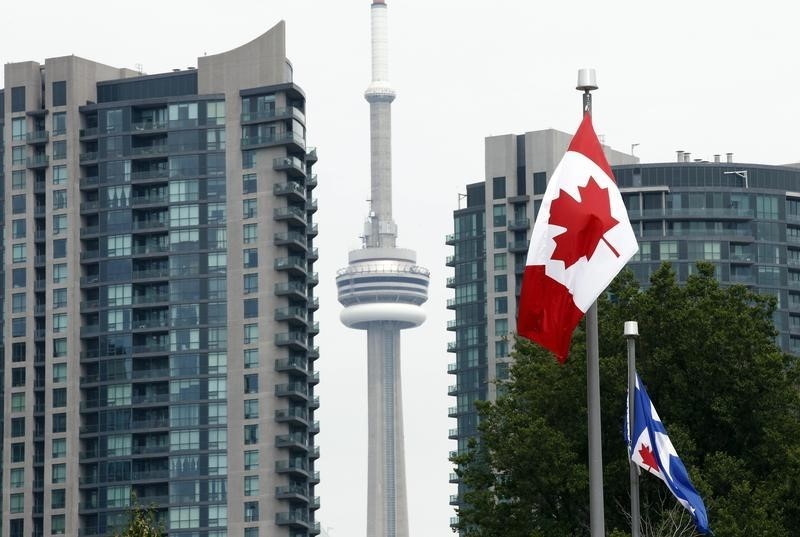By Fergal Smith
TORONTO, March 28 (Reuters) - Ontario said on Wednesday it would boost spending on health care and child care in a pre-election budget that sees the Canadian province make a swift return to running deficits and project a slow path back to balance.
The Liberal Party government of Canada's most populous province said it would run a C$6.7 billion ($5.2 billion) deficit in the fiscal year 2018-19.
It forecasts further deficits of C$6.6 billion and C$6.5 billion respectively in the two subsequent years and a return to balance in 2024-25.
The projections include a C$700 million reserve each year, meaning the province could run smaller deficits if not used.
"It's a slow path to balance," said Michael Dolega, senior economist at TD Bank. "The continuation of deficits restricts the government's ability to support the economy should a downturn occur."
The province, which is home to manufacturers and automakers, expects growth to slow to 2.2 percent in 2018 and faces significant uncertainties, including the cooling of a previously red-hot housing market, and renegotiation of the North American Free Trade Agreement.
The return to deficit is an about-face for Premier Kathleen Wynne and the Ontario Liberals, who control a majority in the government and had touted the importance of balancing the books in last year's budget.
The government estimates a modest surplus in 2017-18, the first in a decade, and had projected in November further balanced budgets in the two coming fiscal years.
The budget includes free preschool child care, free prescription drugs for seniors and a new drug and dental program for people without extended health plans
Free child care for preschoolers, which begins in September 2020, will save families an average C$17,000 per child, the province said.
The Liberals, who have been in power for more than 14 years, trail the Progressive Conservative Party in polls ahead of the election on June 7.
The Progressive Conservatives lead despite turmoil after the abrupt resignation of the party's former leader. The party is now led by Doug Ford, a former Toronto city councillor and brother of the late Rob Ford, a former Toronto mayor who gained global notoriety for admitting to smoking crack cocaine while in office. which has one of the largest sub-sovereign debts in the world, projects its net debt-to-GDP will rise to 37.6 percent in 2018-19 and will not peak until 2021-22 at 38.9 percent.
